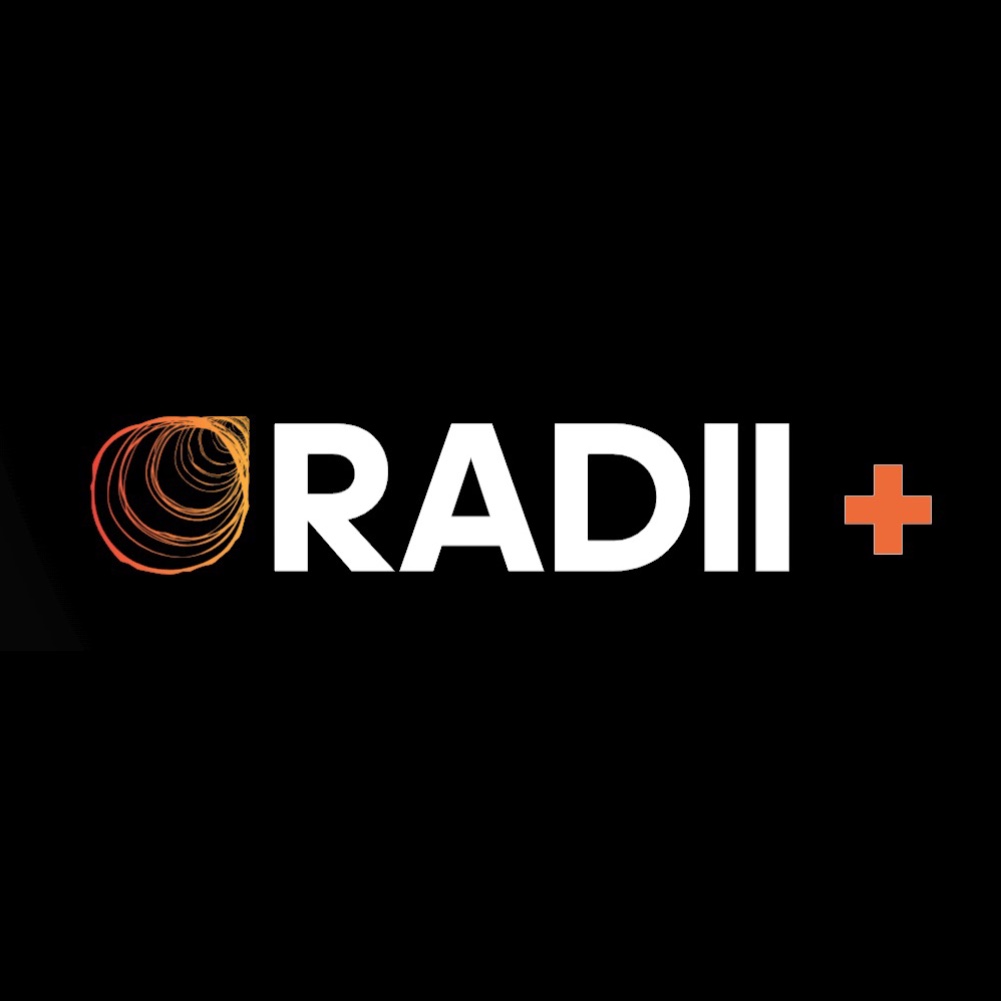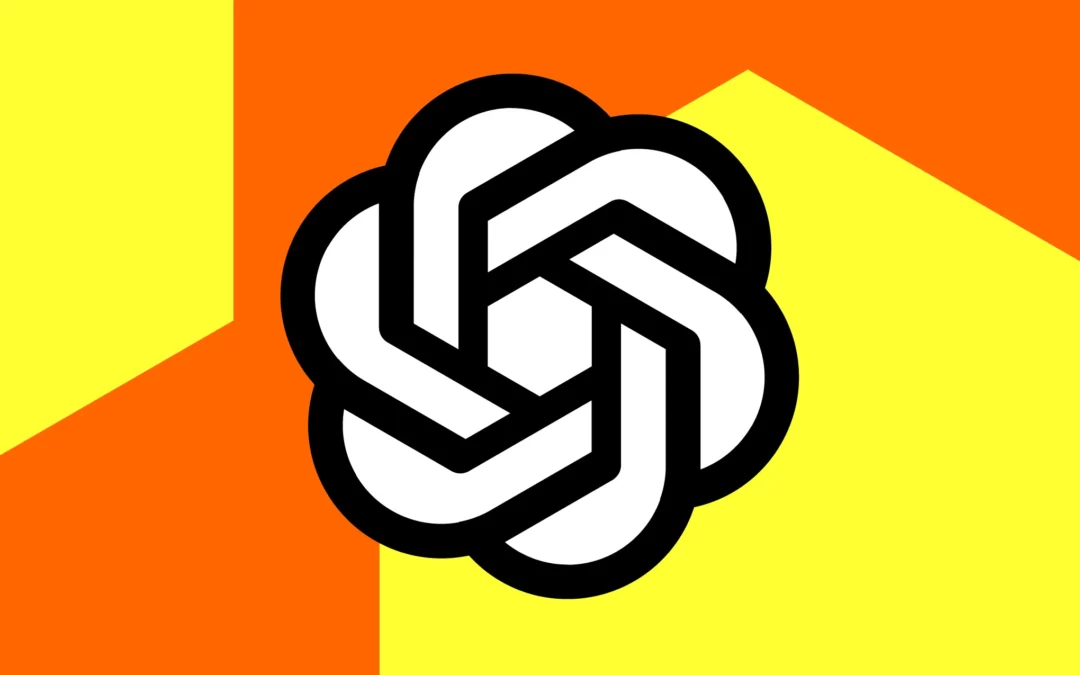Since its launch in 2022, ChatGPT has dominated news, swiftly becoming one of the most potent and well-liked AI technologies on the market.
However, as recently disclosed in an internal strategy document, OpenAI still has big goals for its generative AI model, stating that it wants to provide consumers’ de facto “interface to the internet.”
This week, the heavily redacted memo from late 2024 surfaced during the Justice Department’s antitrust action against Google’s discovery phase. The company’s intentions to transform ChatGPT into a “AI super assistant that deeply understands you and is your interface to the internet” are detailed in it.
READ MORE: According To OpenAI, ChatGPT 4.5’s Improved Emotional Intelligence

It’s evident how much OpenAI believes ChatGPT will transform how we use the internet, even if a large portion of the document is blacked out. The business views it more as a web browsing buddy than a tool.
According to the document, “ChatGPT is in our lives today through existing form factors — our website, phone, and desktop apps.” “However, our goal for ChatGPT is to support you throughout your life, wherever you may be.” This covers anything from making a presentation or taking notes during a meeting to assisting you in finding the greatest restaurant or catching up with friends.
READ MORE: ChatGPT Is Accessible For Texting And Calling Thanks To OpenAI
According to OpenAI, ChatGPT is “T-shaped” since it integrates “deep expertise for tasks that most people find impossible, and broad skills for daily tasks that are tedious,” such as learning to code.

The goal of the first half of 2025 was to establish ChatGPT as a “super assistant,” but the second half will be devoted to creating “enough monetizable demand to pursue these new models.”
According to the document, “We’ll begin transforming ChatGPT into a super-assistant in the first half of next year: one that knows you, understands what matters to you, and assists with any task that a smart, trustworthy, emotionally intelligent person with a computer could do.” “The moment is ideal. ChatGPT can now consistently conduct agentic tasks thanks to models like 02 and 03, tools like computer use can help ChatGPT take action, and interaction paradigms like generative UI and multimodality let users and ChatGPT express themselves in the most effective way for the task at hand.
To have the BEST of Tom’s Guide delivered straight to your email, sign up.
Gain immediate access to the most recent reviews, breaking news, amazing offers, and practical advice.

The report also provides an intriguing look at OpenAI’s perceptions on rivals like Microsoft Copilot, Google Gemini, and Meta AI.
According to the study, “[REDACTED] presents the greatest threat in 2025 because they can incorporate comparable functionality into all of their products (for example, without having to deal with the risks of business model cannibalization that Google does).” Meta is the most likely possibility because the blacked-out section is only a few letters long.
Additionally, OpenAI declared its support for laws mandating that platforms allow users to select ChatGPT as their preferred helper.
The expanding infrastructure required to support ChatGPT’s rapidly expanding user base is another challenge mentioned by OpenAI, which is why CEO Sam Altman has made data center expansion one of the company’s primary priorities.
The document states, “We are leading here, but we can’t rest,” cautioning that “growth and revenue won’t line up forever.”
Step into the ultimate entertainment experience with Radii+ ! Movies, TV series, exclusive interviews, live events, music, and more—stream anytime, anywhere. Download now on various devices including iPhone, Android, smart TVs, Apple TV, Fire Stick, and more!


